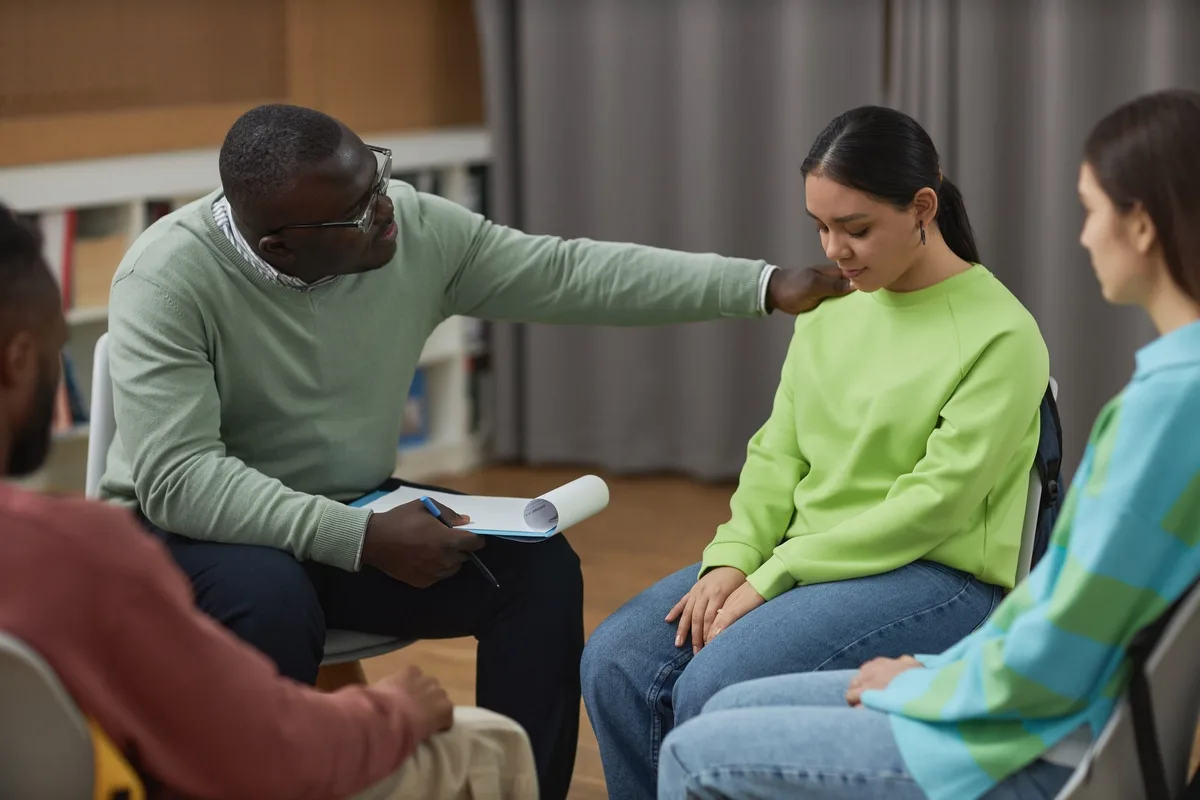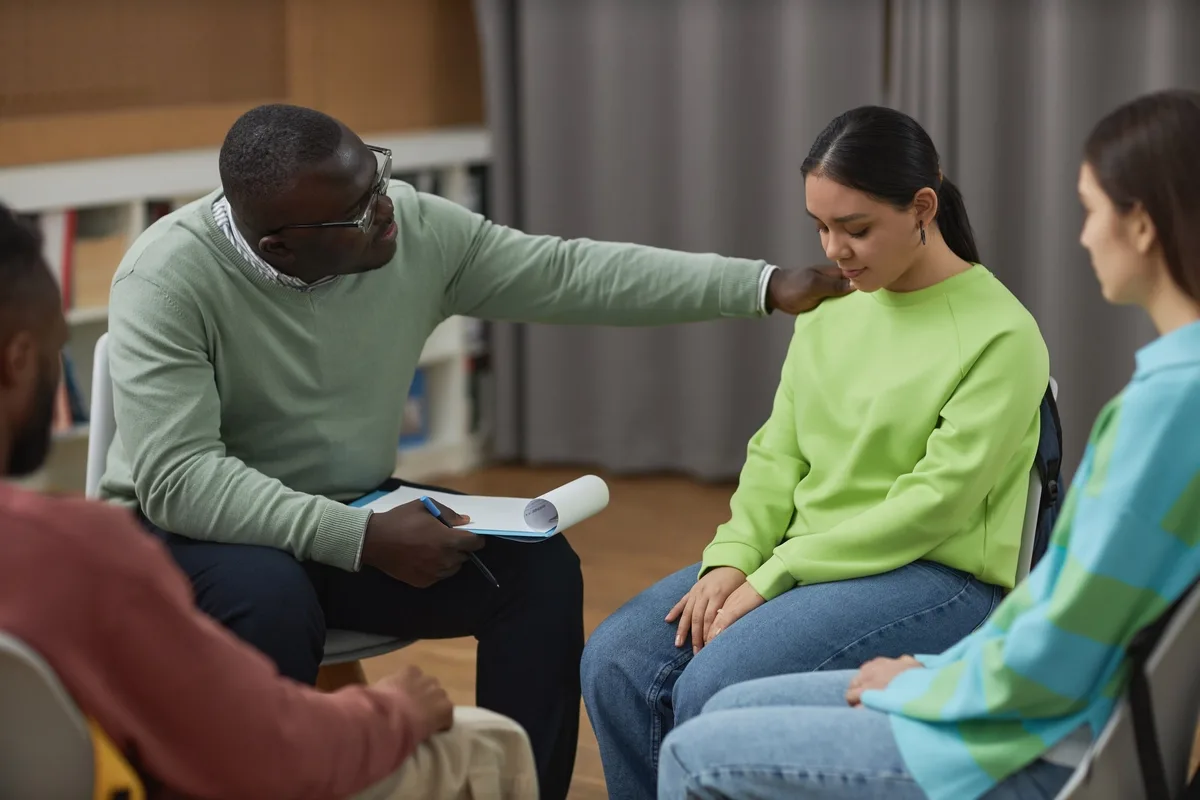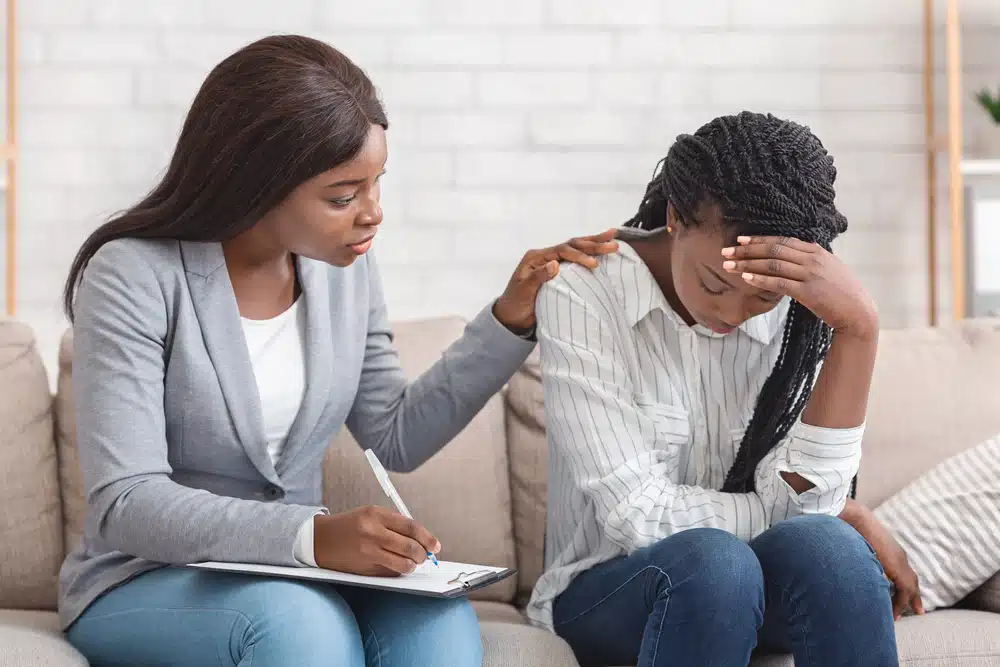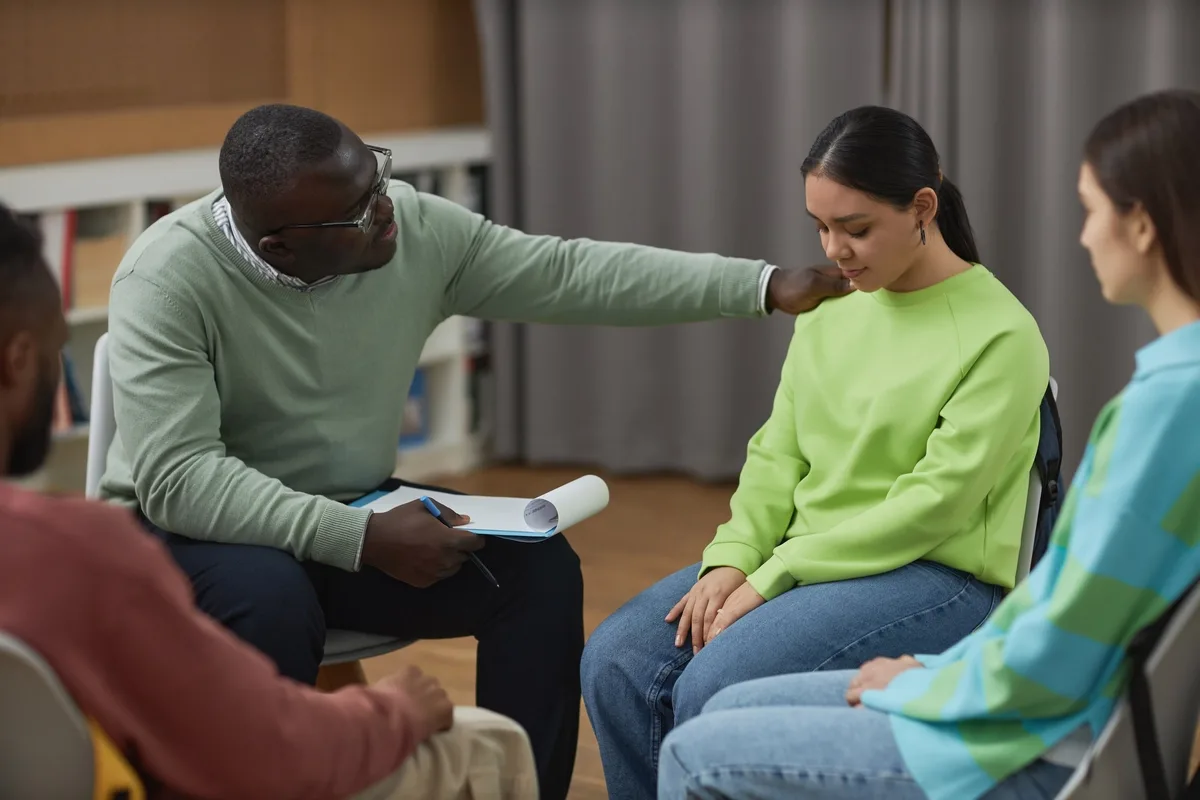24/7 Helpline:
(866) 899-111424/7 Helpline:
(866) 899-1114
Learn more about Bipolar Disorder Treatment centers in Coweta County
Bipolar Disorder Treatment in Other Counties

Other Insurance Options

Excellus

Horizon Healthcare Service

Sutter

Optum
Beacon

Multiplan

Choice Care Network

PHCS Network

BlueShield

Medical Mutual of Ohio

Providence

Evernorth

Ambetter

Absolute Total Care

Lucent

Anthem

Kaiser Permanente

BlueCross

CareSource

ComPsych

Center of Renewed Promises
Center of Renewed Promises is a private rehab located in Newnan, Georgia. Center of Renewed Promises...

S and T Assessment and Counseling Service
S and T Assessment and Counseling Service is a private rehab located in Newnan, Georgia. S and T Ass...

Grace Harbour
Grace Harbour is an outpatient mental health clinic that serves individuals from all ages in a holis...










































Pathways Center
Pathways Center is a public rehab located in Newnan, Georgia. Pathways Center specializes in the tre...

Treatment Center of America – Newnan
Treatment Center of America – Newnan is a private rehab located in Newnan, Georgia. Treatment Center...

AA – Alcoholics Anonymous
AA – Alcoholics Anonymous is a non-profit rehab located in Newnan, Georgia. AA – Alcoholics Anonymou...























































































